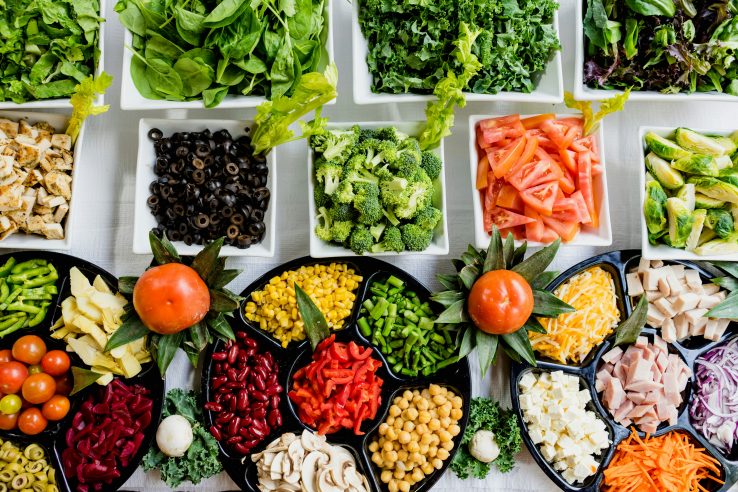Healthy Eating on a Student Budget: Tips for Cardiff University Students
29 August 2024
Eating well while sticking to a student budget can be a challenge, but it’s not impossible. With a little planning and some smart choices, you can enjoy nutritious meals without breaking the bank. Here are some tips to help you eat healthily at Cardiff University.
1. Plan Your Meals
One of the best ways to save money and eat healthily is by planning your meals in advance. Take some time at the start of the week to decide what you’ll be eating, and make a shopping list based on those meals. This way, you’ll avoid impulse buys and ensure you have all the ingredients you need.
2. Cook in Bulk
Cooking in bulk is a great way to save both time and money. Prepare large batches of meals that can be divided into portions and stored in the fridge or freezer for later in the week. Dishes like soups, stews, and pasta bakes are perfect for this, and they’re often even tastier the next day.
3. Shop Smart
When it comes to grocery shopping, a few simple strategies can make a big difference. Buy in-season fruits and vegetables, which are often cheaper and fresher. Look for discounts and deals, especially on non-perishable items. Supermarkets like Aldi and Lidl are known for their low prices, and Cardiff’s local markets can also offer great deals on fresh produce.
4. Go Meat-Free Occasionally
Meat can be one of the most expensive items on your shopping list. Consider having a few meat-free days each week and experiment with plant-based meals. Ingredients like beans, lentils, and chickpeas are not only affordable but also packed with nutrients. Plus, going meat-free can add variety to your diet.
5. Avoid Processed Foods
Processed and pre-packaged foods might seem convenient, but they’re often more expensive and less nutritious than homemade alternatives. Instead of buying ready meals or snacks, try making your own. For example, instead of buying crisps, you could roast chickpeas with your favourite spices for a healthy, budget-friendly snack.
6. Learn Basic Cooking Skills
You don’t need to be a master chef to cook healthy meals. Learning a few basic cooking skills can go a long way. Simple techniques like boiling, grilling, and stir-frying can be used to create a variety of delicious and nutritious dishes. If you’re unsure where to start, there are plenty of free resources online, including video tutorials and recipes.
7. Use Leftovers Wisely
Don’t let leftovers go to waste. Get creative with what you have in the fridge—yesterday’s roast vegetables can become today’s sandwich filling or pasta topping. Leftover rice can be turned into a stir-fry, and unused bread can be transformed into croutons or breadcrumbs.
8. Stay Hydrated
It’s easy to forget the importance of staying hydrated, especially when you’re busy with lectures and assignments. Drinking water throughout the day is essential for your health and can help prevent unnecessary snacking. Carry a reusable water bottle with you to stay hydrated without spending money on bottled drinks.
Remember….
Healthy eating on a student budget is all about making smart choices and planning ahead. With these tips, you can enjoy nutritious meals that are both delicious and affordable. Remember, eating well is an investment in your health and wellbeing, helping you stay energised and focused throughout your time at Cardiff University.